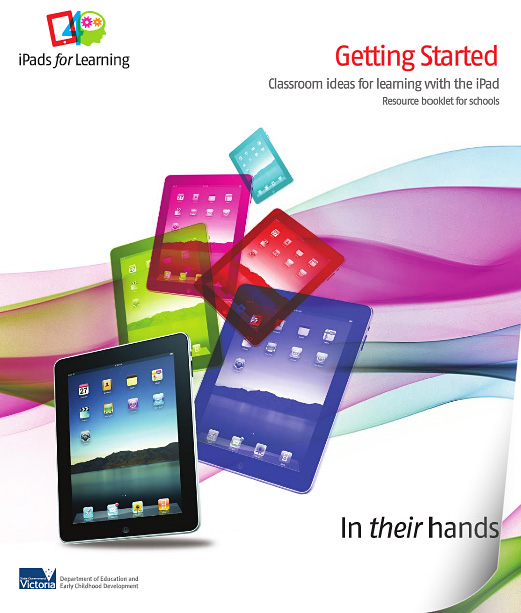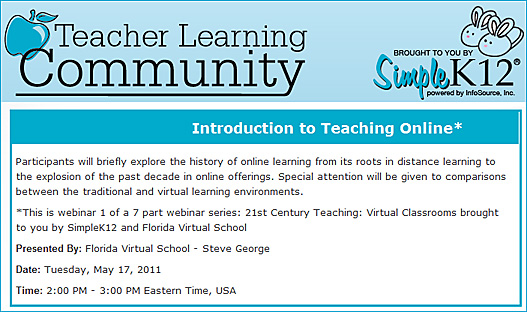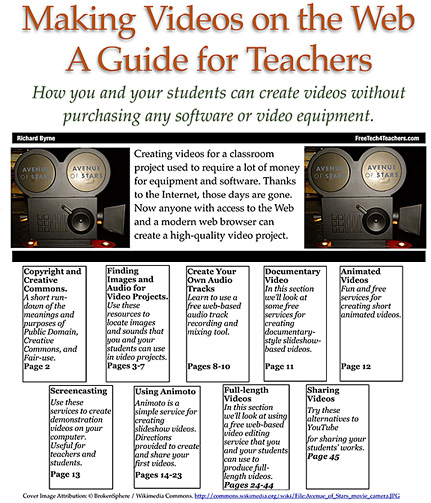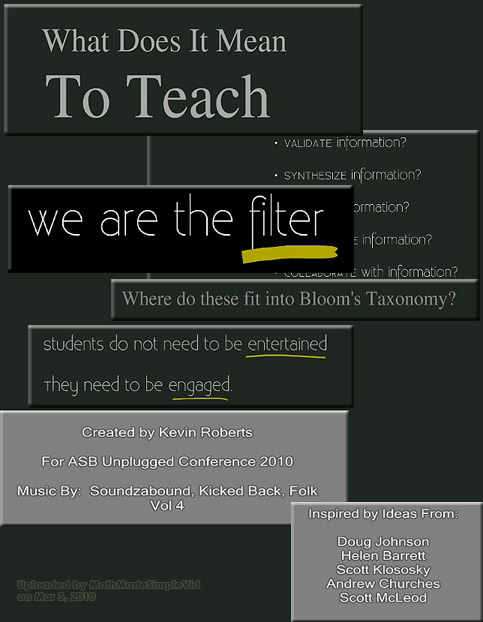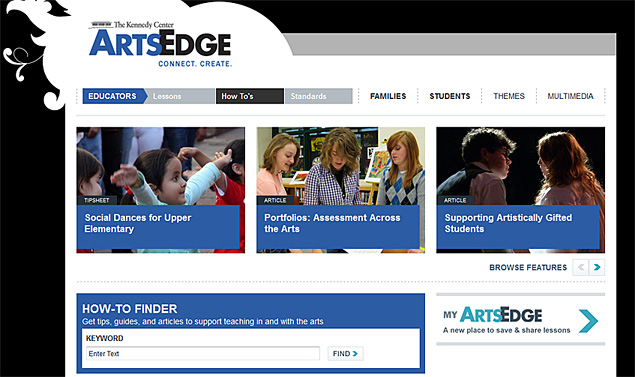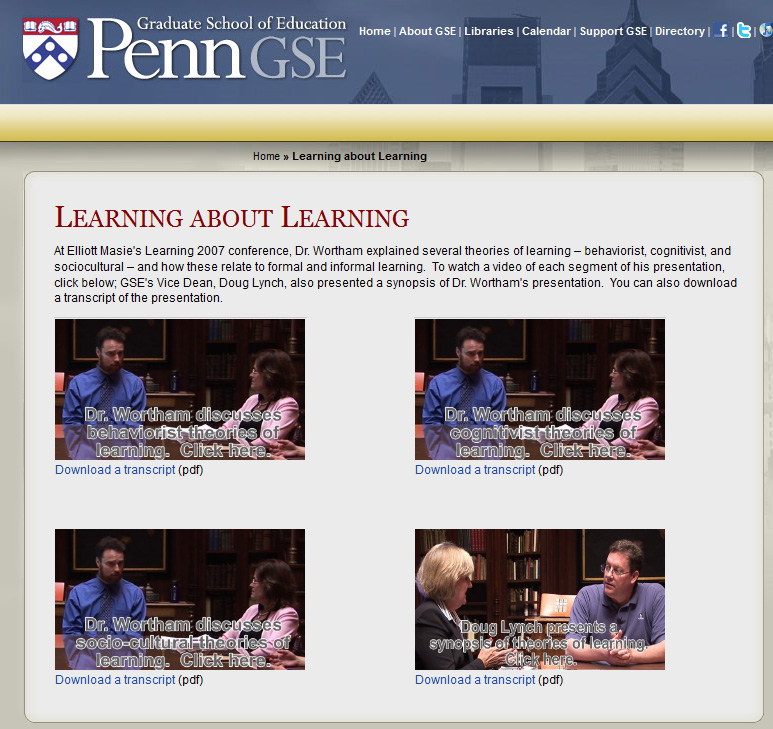Originally saw this at:
The Educator’s PLN- posted by Chris McEnroe on 3/28/11
Also, very relevant here is the following posting from Arne Duncan at ED.gov blog:
- The Changing Face of American Education
(Cross-posted from the White House Blog)One of the greatest challenges facing our country is the coming retirement of more than 1 million baby-boomer teachers. This challenge has presented us with a once in a lifetime opportunity to help reshape education in America by recruiting and training the next generation of great American teachers.
Teaching is a rewarding and challenging profession where you can make a lasting impact. Teachers have a positive influence on students, schools, and communities, now and into the future. Schools across the nation are in need of a diverse set of talented teachers, especially in our big cities and rural areas, and especially in the areas of Math, Science, Technology, Special Education, and English Language Learning.
That’s why the department launched the TEACH campaign — a bold new initiative to inspire and empower the most talented and dedicated Americans to become teachers. We know that next to parental support, there is nothing more important to a child’s education than the quality of his or her teachers.
Many of you are already thinking about becoming teachers. The TEACH campaign provides tools at your fingertips to navigate the academic and professional requirements that will credential you to succeed as a teacher in one of our schools. TEACH.gov features an online path to teaching and over 4,000 listed, open teaching positions.
Also see:
- Four Characteristics of Successful Teachers — from Faculty Focus by Maryellen Weimer
$1.5M grant jump-starts teacher development — fromeschoolnews.com by Jenna Zwang
Tutor.com, which connects students with live tutors online for tutoring in math, science, social studies, and English, is the largest online tutoring and homework help service available—and, with help from a $1.5 million grant from the Bill & Melinda Gates Foundation, the company is expanding its horizons to help teachers as well.
Banned in School — from The Innovative Educator by Lisa Nielsen
From DSC:
This item caught my eye because this very sort of thing prevented me from helping some of our remote student teachers this week. The schools that they were in did not permit access to the servers that provided web-based collaboration software. The reasons I picked up from the email-based correspondence was that the schools were concerned about the misuse of such technologies — based upon actual acts of digital vandalism they had occurred at their schools or other schools.
Though I understand the concerns of the administrations — especially in light of the litigious society that we live in — I couldn’t help but reflect upon how incredibly unfortunate that — again — a small percentage of bad apples ruins it for the rest of the students.
What can we do to promote better digital citizenship? Ethics? Morality?
I agree with Lisa when she asserts that it is no longer acceptable to have disconnected teaching and learning environments. It is not ultimately beneficial to ban teachers and students from the Internet.
P.S. If we can’t help our student teachers out in such matters, it makes change all the more difficult to implement.
From DSC:
I’d like to thank:
- Doug Lynch, Dr. Stanton Wortham, and Elliott Masie for recording these videos and for sharing their insights/expertise
- The University of Pennsylvania for making these items available
- Capella University for including the above resource in a course that I’m currently taking from Dr. Katherine Emmons entitled, “Learning Theory and the Educational Process.”
2/8/11:
Note/correction from my original posting:
Doug Lynch and Stanton Wortham are not at Penn State, but rather they are at the University of Pennsylvania; Elliot Masie is an Adjunct Faculty Member at the University of Pennsylvania.
Simple tools for digital classroom — from November Learning by guest blogger Geoff Gevalt
The hardest thing for teachers to do is make the transition from paper and pencils to online media: Not enough computers, not enough knowledge, not enough time and a whole new way of doing things. We work with hundreds of teachers in the same situation and we offer this advice:
- Take small steps.
- Find a couple of tech-savvy kids in each of your classes to help.
- Explore the digital world on your own.
- Seek out people in the school or in professional development spheres to mentor you.
- Don’t be afraid to fail.
- Don’t be afraid if you don’t have all the answers – your kids will help.
Teacher Knowledge — Exploring, a few links…









